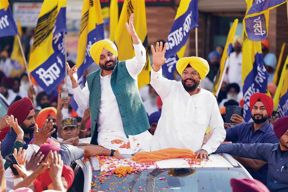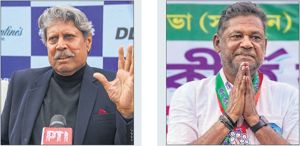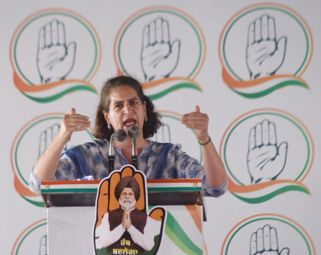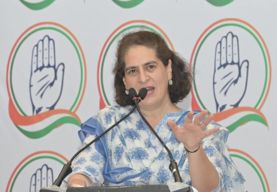
Photo for representation only.
It is now almost 50 years since I passed out of university and almost 30 since I gave up being a university teacher. So I think I have acquired a sufficient distance from the academic world to assess the state of our universities today. In the last half century or so, there has been a boom in establishing new centres of higher education both by the government and private players. Naturally, not all of them are at par, though some private universities (such as Ashoka University and Jindal Law School in Sonepat, or Azim Premji University, Bengaluru) are now regarded as among the best in the country, if not in the subcontinent. However, there are an overwhelming number of dodgy institutions masquerading as centres of excellence that are run by even dodgier owners, who have more often than not used political connections or deep pockets to dupe the aspirational youth into parting with serious amounts of money and no sound degrees to show for their efforts.
Of the grand old universities set up by the British Raj, those fabled Presidency colleges and universities such as Allahabad and Lucknow, they are crumbling ruins of ghostly corridors and echoing halls today. Allahabad University, my alma mater, has long ceased to be anything but a recruitment centre for the criminal goons that no political party can do without, and regularly supplies the state with the rowdies who are at the forefront of every dharna and vigilante gang. The police form an important part of the human presence on its campus and their colourful undergarments are draped over the hedges and lawns that once separated one faculty from another. No doubt, it is the same scene in Lucknow or Patna and as for Banaras Hindu University and Aligarh Muslim University, the arsenal of communal firepower there has been a handy tool for political parties to mine for petty personal agendas.
I could go on, but you get the picture. These grand institutions are now no better than mofussil degree colleges and the Munnabhais that they have let loose upon the political landscape are both dangerous and ridiculous.
However, this picture changes radically as soon as you step out of India. There is possibly no major Ivy League university in America where Indian historians and economists are not at the top. In fact, a popular joke is that if you are not Indian, you cannot study development economics. Names such as Amartya Sen, Jagdish Bhagwati, Arvind Panagariya, Kaushik Basu, Raghuram Rajan, Abhijit Banerjee show that the list is endless. It used to be said that after the Second World War, several persecuted Jewish academics escaped to the US, where they were snapped up by universities such as Harvard and Yale. For years, they brought Nobel Prizes to their new countries. Another surge of scientists came in the wake of dismemberment of USSR and this gave several eminent space scientists to NASA.
Today, it is our fellow Indians who are looked at with respect and awe in these countries. Let us not forget that almost all our Nobel Prize winners have worked in foreign labs to win laurels. This is not to say that no work is being done here in our own labs (the recent developments in Covid vaccines come readily to mind, as does the fact that India produces the world’s most reliable and inexpensive pills). My simple point is that we have not been successful in retaining our talent in India. For decades now, children have been migrating abroad to pursue graduate and post-graduate studies. A huge number never return and I know from personal experience that there is hardly any Indian middle class family where at least one (if not all) child has chosen to live abroad because conditions there are far more exciting for research. So while our own campuses are losing the best students and teachers, our country seems helpless to stem the rot.
Education is among the most passionately debated subjects today and the need for independence and autonomy in deciding courses and recruiting faculty is universally accepted. However, the heavy hand of the State falls upon any institute that dares to raise the flag of autonomy. JNU is the most recent victim of a sustained campaign to discredit its reputation by labelling it a conclave of Lefties and anti-national elements. Hateful as this may be, we must also lay the blame beyond the political parties that fuel this propaganda. JNU itself must truthfully examine its faults and its tendency towards an academic monoculture, where any deviation from the ideological preferences of the mainstream were either ridiculed or snuffed out. The fallout of the Mandal Commission and the skewed reservation policy must also be honestly assessed. Political correctness at the cost of academic excellence is a dangerous trend. But who will dare say so?
Join Whatsapp Channel of The Tribune for latest updates.



























